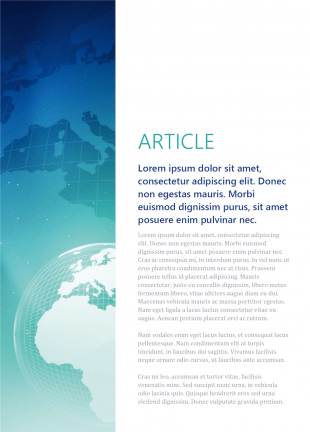Desbiens J.F. & Fillion L. (2007). International Journal of Palliative Nursing 13, 291–300.
Abstract. It is in accompanying the dying that palliative care nurses say they find meaning in their work. To further explore this phenomenon, consideration of coping strategies is proposed. The main objective of this correlational study was to describe the association between coping strategies (using a revised version of the COPE scale (Carver et al, 1999)), emotional outcomes (distress and vigour; profile of mood states (POMS)), and spiritual quality of life (using the Functional Assessment of Chronic Illness Therapy – Spiritual Wellbeing Scale (FACIT-sp)). A sample of 120 nurses providing palliative care in acute care hospitals and the community in Quebec was included. Positive reinterpretation (beta=.27; p<.01) and turning to religion (beta=.33; p<.001), two strategies related to meaning-making coping and disengagement (beta=-.19; p<.05), were the best predictors, accounting for 22% of variance of spiritual quality of life. These findings are consistent with recent studies and highlight the importance of meaning-making strategies in psychological adjustment to bereavement for palliative care nurses.
